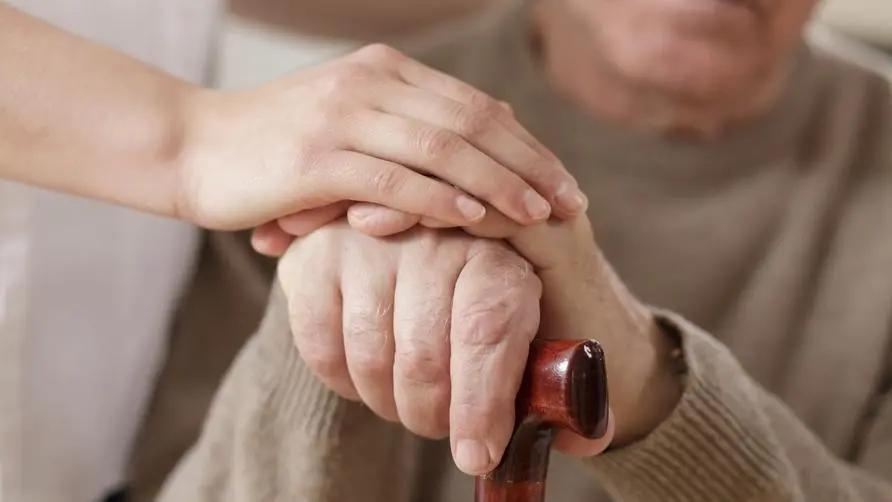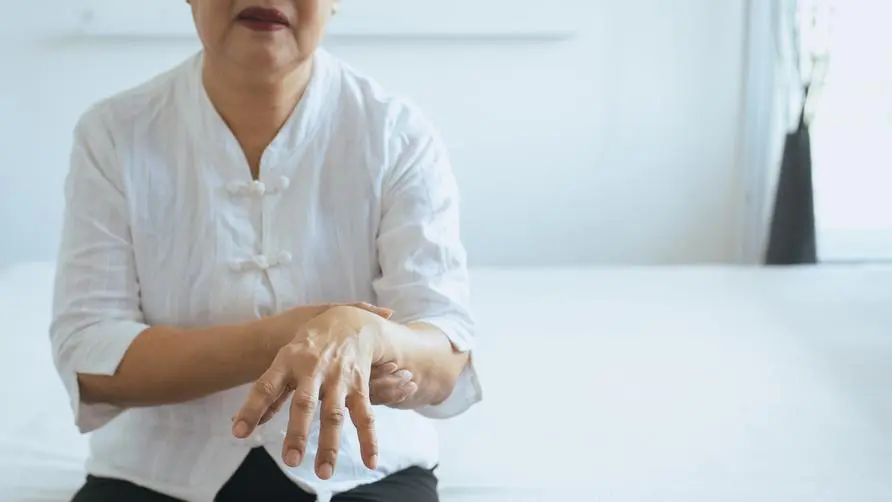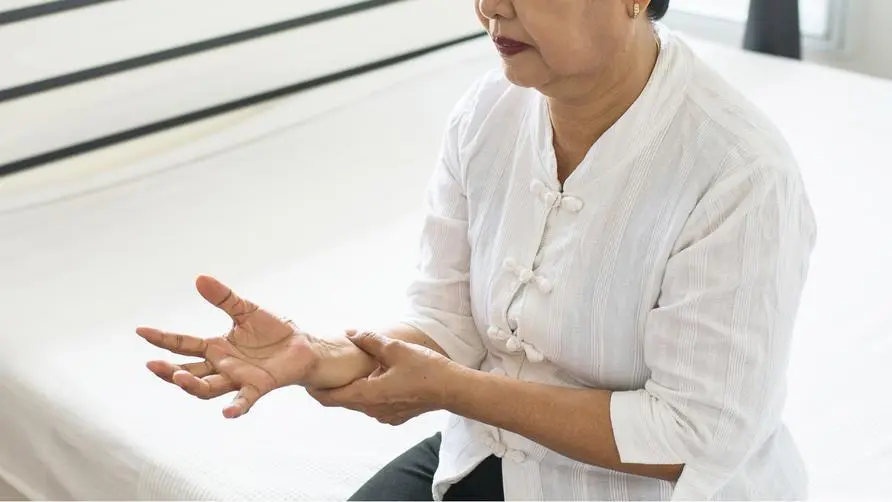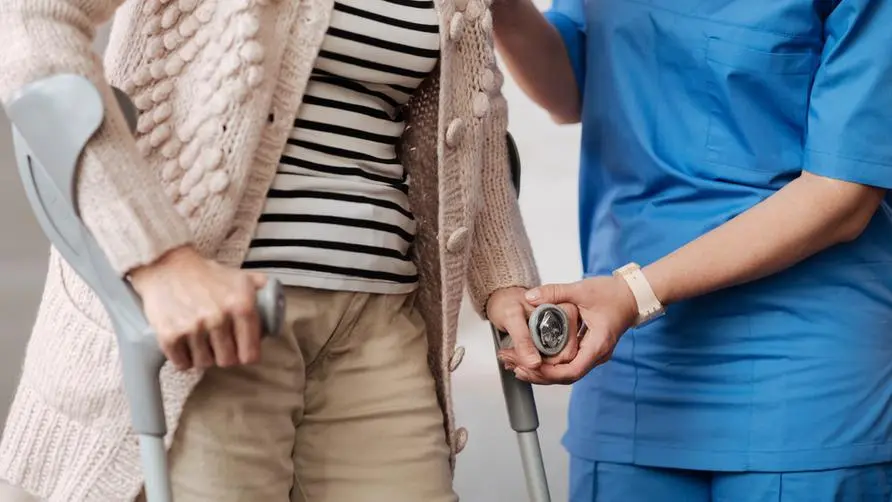Parkinson's disease explained in detail! Is it better to take medicine or surgery? What should I do if the walking becomes slower and slower?

What is Parkinson’s disease? Who is prone to it?
Parkinson’s Disease (PD) is the second most common degenerative disease in the world and is a neurodegenerative disease. The main reason is that the “substantia nigra” and “basal ganglia” of the brain are related to the degeneration of neurons that produce dopamine. When the dopamine (dopamine) cells in the substantia nigra degenerate and undergo apoptosis to a certain extent, it will cause Dyspraxia.
The age of onset of Parkinson’s disease is approximately between 55 and 60 years old. The prevalence rate among those over 65 years old is about 1%, and the prevalence rate among those over 80 years old is 3-4%. At present, the cause of the disease is still not clear. Some studies believe that it is positively related to exposure to chemicals and heavy metals. About 5%-10% are family hereditary and related to specific genes. Long-term exposure to pesticides and head trauma may also increase the risk of disease.
What are the symptoms of Parkinson’s disease? What treatments are available?
The continued apoptosis of dopamine neurons in patients with Parkinson’s disease can cause various movement disorder symptoms. Typical symptoms include tremors, stiffness, slow movements, and unsteady gait. The four most common symptoms are collectively called “TRAP”: T (Tremor) is tremor. R (Rigidity) is stiffness. A (Akinesia) is slow movement. P (Postural instability) is unstable gait.
The stages of Parkinson’s disease are divided into stages 1-5 based on “Hoehn & Yahr stage”:
Stage 1: Symptoms affect one side of the body (such as trembling, stiffness), but you can still walk.
Stage 2: Symptoms affect both sides of the body without affecting balance.
Stage 3: The central axis of the body is affected, and walking is unstable and easy to fall due to problems with the balance system.
Stage 4: The disability gradually becomes more severe. Although the patient can walk or stand, he or she needs assistance from relatives and friends in daily life.
Stage 5: Requires long-term bed rest or wheelchair, unable to move around on his own.
One of the main treatments for Parkinson’s disease is to supplement the brain’s “levodopamine”, which can help the body produce the neurotransmitter dopamine. Other effective treatments include dopamine receptor agonists, monoamine oxidase inhibitors, anti-acetylcholine and other drugs.
In addition, there is also the surgical treatment of “deep brain stimulation”, in which a chip is surgically implanted into the brain. It is usually suitable for younger patients with obvious symptoms and poor drug control.
What should I do if Parkinson’s disease progresses more and more slowly? What are some ways to help?
As Parkinson’s disease progresses, symptoms such as freezing of gait may occur. When you have related symptoms, it is recommended to perform gentle and soft exercises, and you can also practice aerobic exercise, combined with rehabilitation to train your sense of balance, which can improve problems such as resting tremor and hand shaking. But avoid too intense exercise training. Patients with unstable mobility can use assistive devices to help them walk and reduce falls.
In addition to exercise and rehabilitation, it can also be equipped with a walking accompaniment, walking stick or single cane that can emit laser light to help with difficulties in starting and moving. Before using assistive devices, consult a geriatrician or neurologist.
Since the circuits of neurotransmitters are affected by shadow, the technological pacemaker that emits laser light can activate the neural circuits of the brain, and guide the steps through “visual stimulation” through the laser light projected to the ground to help walking. Smoother.
Further reading:





